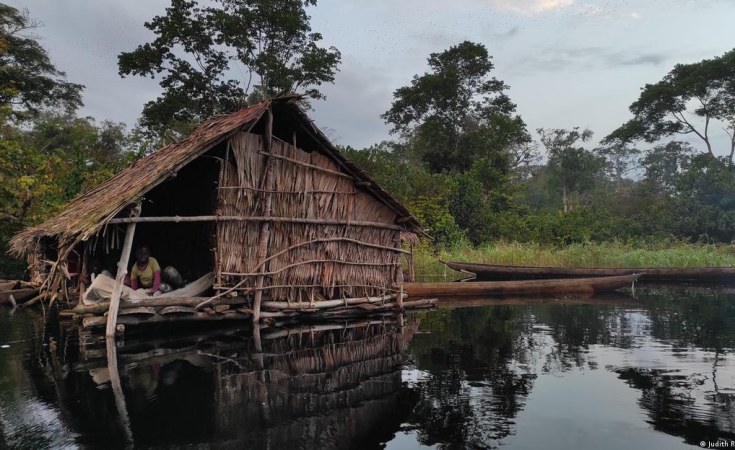In the aftermath of COP28, where world leaders convened to address the pressing issue of climate change, the stark reality emerges: the realization of the vision of the "Africa We Want" is at risk. Despite global commitments to limit global warming to 1.5°C, carbon emissions fall far short of the 45% reduction target by 2030, disproportionately burdening Africa, which is only responsible for just 4% of global emissions. Devastating climate events continue to wreak havoc, heightening vulnerabilities and straining fragile health systems.
Poignantly labelled as a "threat multiplier", by the World Health Organization, climate change poses the danger of undoing decades of global health progress, and jeopardizing efforts against various diseases including Neglected Tropical Diseases (NTDs). These diseases, affecting over one billion people worldwide, confront an escalating threat due to changing environmental conditions. Vector-borne diseases like dengue and chikungunya are on the rise, particularly in Africa, which bears 40% of the global burden of NTDs and with East Africa alone bearing 15% of the burden.
The World Health Organization notes that 47 African countries have already eliminated at least one NTD as a public health problem. Key milestones in 2022 include elimination of Guinea-worm disease in the Democratic Republic of the Congo and Human African Trypanosomiasis in Uganda.
However, the threat of climate change looms large, jeopardizing the gains made. African countries such as the Democratic Republic of the Congo, Ethiopia, Tanzania, and Uganda, among the top ten high-burden countries in Africa, face hindrances to future progress.
The imperative for decisive climate action is clear. The recently concluded COP28, for the first time, featured a health agenda, creating an opportunity to reshape strategies towards building climate-resilient health systems. This platform has opened avenues to address the impact of climate change on health, including NTDs in Africa.
Resource mobilization is key to success. The commitments made at COP28, with pledges totaling $777 million USD from the Reaching the Last Mile Forum, showcase the global community's dedication to fighting NTDs. African nations, exemplified by countries including the United Republic of Tanzania committing $3 million to the fight, demonstrate the importance of domestic resource allocation in strengthening the fight against NTDs. Earlier this year, The Republic of Guinea Bissau launched the first End Malaria and NTDs Council and Fund to maintain NTDs and malaria high on the domestic development and financing agenda, enhancing multisectoral action against these diseases.
Efforts must not stop at funding alone. Collaboration with bilateral donors, funds, foundations, and development banks is crucial to align and coordinate support for health and climate priorities. Existing mechanisms, such as the World Bank IDA, can be leveraged to finance the adaptation of NTD programmes and the full implementation of next-generation commodities and treatments.
Kenya serves as a beacon of inspiration post-COP28, introducing its groundbreaking First Kenya Climate Change and Health Strategy spanning from 2023 to 2027. This strategy harmonizes climate change efforts with health goals, emphasizing cross-sector collaboration involving environment, energy, water, and agriculture.
Such initiatives align with the African Leaders Nairobi Declaration, advocating for an all-sector approach to climate change. They also echo the WHO's and Africa CDC's one-health approach, emphasizing collaboration at all levels to achieve optimum health outcomes.
As we navigate the impact of climate change on global public health, it is evident that preserving health gains requires coordinated efforts. Measures promoting the rapid recovery of services and making health systems more resilient against emergencies, including conflict and climate change, are imperative. It is a collective responsibility to reorient health systems towards primary health care as the foundation for universal health coverage and health security.
In the face of climate change, health, and NTDs, COP28 has set the stage for a renewed commitment to building resilient health systems and combating the complex challenges posed by a changing climate. It is time for the global community to unite, mobilize resources, and implement strategies that will safeguard the health of current and future generations across the African continent and beyond. The path forward requires not only financial commitment. It further necessitates enhanced dedication from African Union Member States to uphold the 2022 Kigali Declaration on NTDs and calls for a holistic, collaborative, and adaptive approach to secure a healthier, more resilient future for all.
The author is the Executive Secretary of the African Leaders Malaria Alliance


